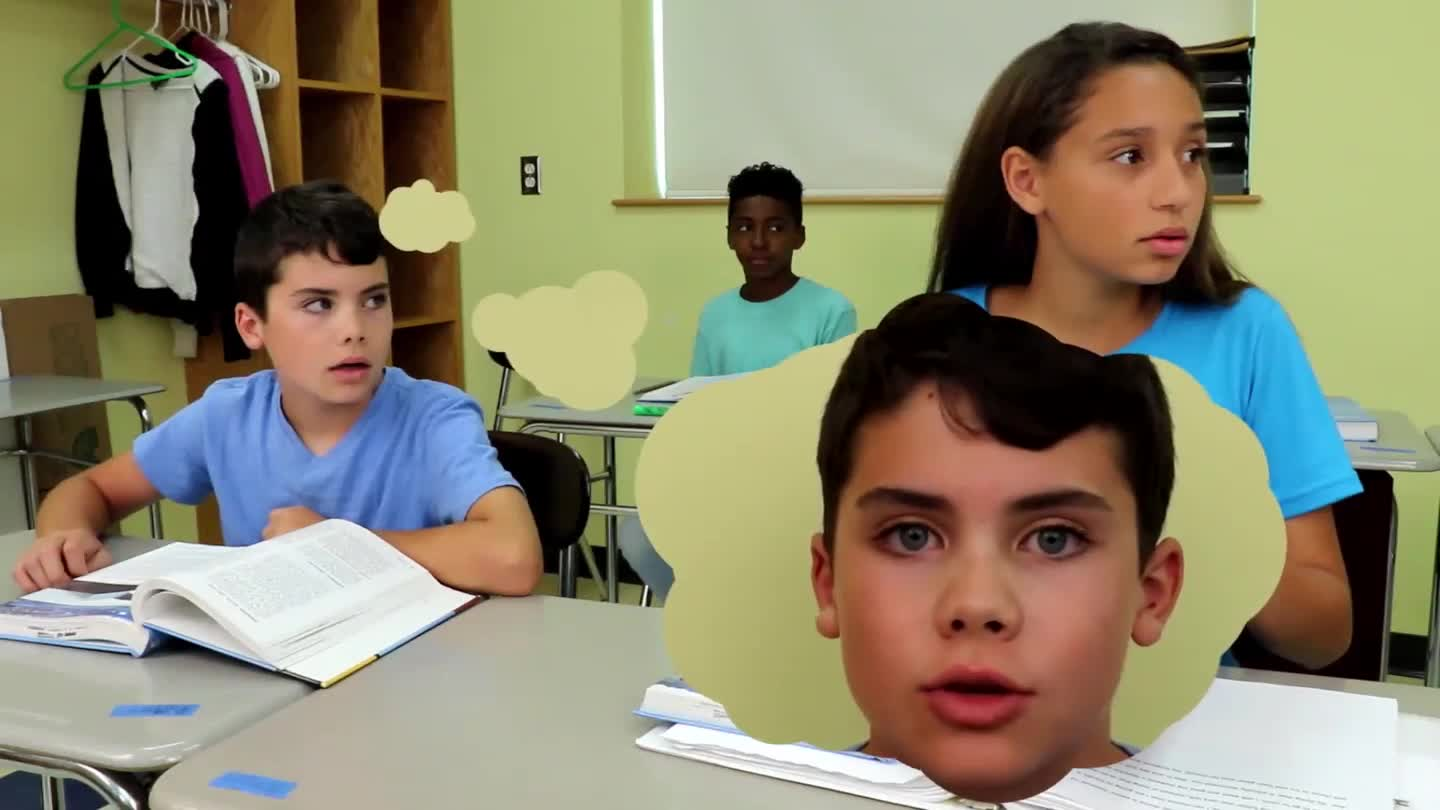
Introduction
Teaching students the importance of paying attention is crucial for their academic success and social development. When students learn to focus their mind and body, they can better absorb information and minimize distractions for themselves and their peers. This blog post will guide educators through a no-prep activity to help elementary students understand the importance of paying attention, followed by discussion questions, related skills, and next steps.
No-Prep Activity: The Focus Game
This activity requires no preparation or materials and is designed to help students practice paying attention. The educator will ask the students to sit in a circle and choose one student to be the “leader.” The leader will perform a simple action, such as clapping their hands or stomping their feet. The rest of the students must watch the leader carefully and mimic the action as quickly as possible. The game continues with the leader performing different actions, and the students must maintain their focus to keep up.
Throughout the activity, emphasize the importance of paying attention to the leader and encourage students to be mindful of their body movements. This will help them understand how focusing their mind and body can improve their ability to pay attention and minimize distractions.
Discussion Questions
- How did you feel when you were able to focus on the leader’s actions and mimic them quickly?
- What strategies did you use to help yourself pay attention during the activity?
- How can paying attention to your teacher and classmates help you learn better in class?
- What are some consequences of not paying attention in class for both you and your classmates?
- How can you apply the skills you practiced in this activity to other situations, such as paying attention during a lesson or a conversation with a friend?
Related Skills
Teaching students to pay attention is just one aspect of their social-emotional development. Other related skills that educators should consider fostering in their students include:
- Active listening: Encourage students to listen attentively to their peers and teachers, making eye contact, nodding, and asking questions for clarification when necessary.
- Self-regulation: Help students develop strategies to manage their emotions and behaviors, such as taking deep breaths or counting to ten when they feel overwhelmed.
- Empathy: Teach students to understand and share the feelings of others, which can improve their ability to make meaningful connections and resolve conflicts.
- Collaboration: Provide opportunities for students to work together on group projects or activities, emphasizing the importance of cooperation and communication.
Next Steps
Now that you have some tools to teach your elementary students about the importance of paying attention, it’s time to explore additional resources to support their social-emotional learning. To access free samples of skill-building materials, sign up at Everyday Speech. These resources will help you create a comprehensive curriculum that fosters a positive learning environment and promotes the overall well-being of your students.

